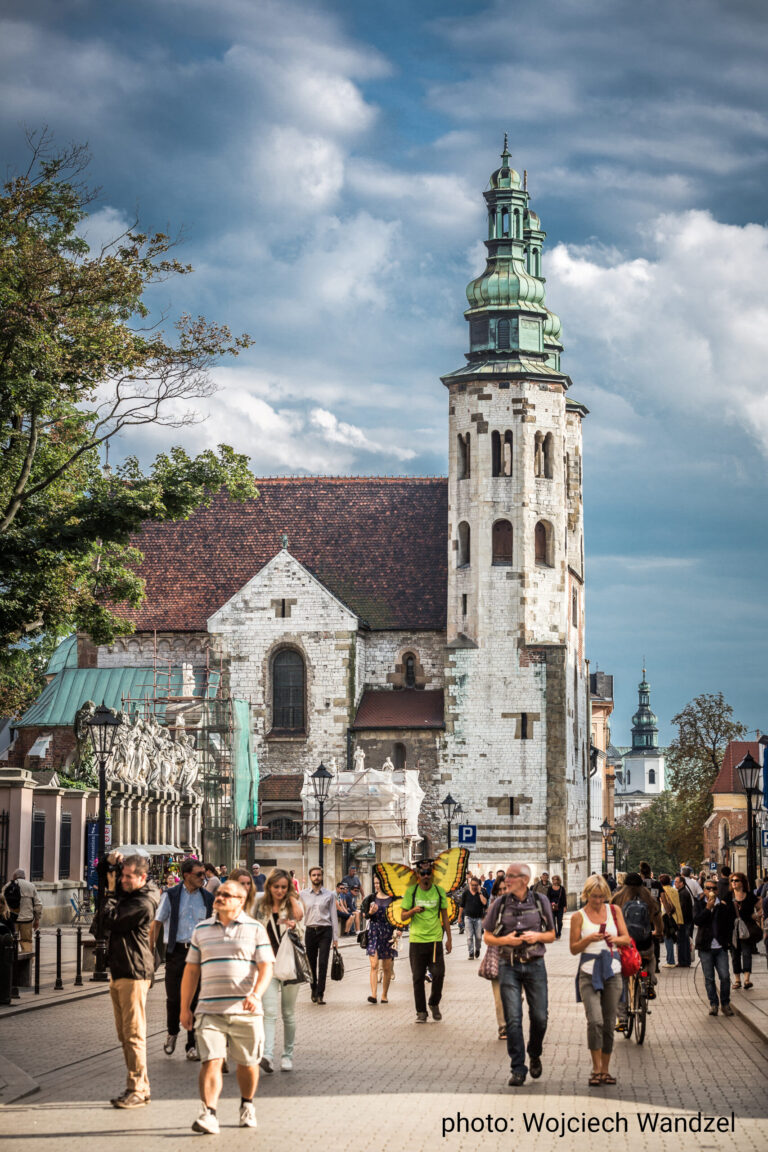STS are and always were about the more-than-now. One guiding thought in the field is “things could be otherwise”. Just as we explore the contingency of the current state of society and technology, we can imagine different socio-technical futures. The concept of more than now points not only to the dependence of the now on trajectories that have been set in the past, but also to the fact that the future begins today. STS invites questions about the ‘what if’. We ask not only about most probable socio-technical futures, but also what futures are worth realizing, and how to do it.
What contributions can STS make to futures thinking,imagining alternatives to now and navigating crises and challenges? What tools do STS have or can produce to design and realize desired futures? What role can STS play in interdisciplinary collaborations to co-create futures? How can we engage with non-humans to bring more resilient futures? What insight can STS provide to critically understand the multiple, intersecting and compounding crises of the early twenty-first century?
Therefore, in choosing this title, we set the stage for discussion amongst the diverse community of STS scholarship in Europe and beyond to consider what kind of futures we want to enact and what kind of futures are worth creating. The concept of more-than-now is inspired by the more familiar notion of the more-than-human. Humans are not only important actors. In all of our futures, non-humans will play an important role. The question of what futures are worth living in must take into account that we will share them with other beings.
At this conference, we explore not only about possible futures, but also about the means and methods by which we can realize them. We are “leaning into the future” not only despite the current crises, but precisely because of them.
STREAMS
Our conference themes promote various outlooks on the way we want to design futures, whether through research, practices, civic engagement, or theoretical exploration. By doing so, we are inviting you to explore resilient futures and how things within STS can be otherwise. We invite you to think about your contribution in response to the following streams:
Transitions – we transition from the Anthropocene to the Symbiocene, navigating changing climates, new infrastructures, knowledge production, mining, data mining and redistribution. How can you respond, prepare, and find yourself as an STS scholar in these revisited sites?
Speculating – What if you were to design resilient futures? What factors would you take into consideration, what signals of change, who would help you build resilient futures? How can we enhance academia’s and society’s futures literacy capacity?
Collaborating – Exploring and building resilient socio-technical futures will need interdisciplinary efforts, we need to get out of the silos. How can one establish effective collaboration between STS and natural sciences and engineering?
Frontiers – As a civilization, we explore new areas (gen AI, new era of space exploration). What kind of opportunities and risks emerge? What are other frontiers? How is the notion of frontiers problematic?
Next natures – How to redesign our environments, taking into consideration non-humans as actors, allies, assets, and constraints?
Resilience – Intersecting and compounding crises exposed the fragility of various socio-technical assemblages. How can we utilize the experiences of a fragile world to make it a little more resilient?



